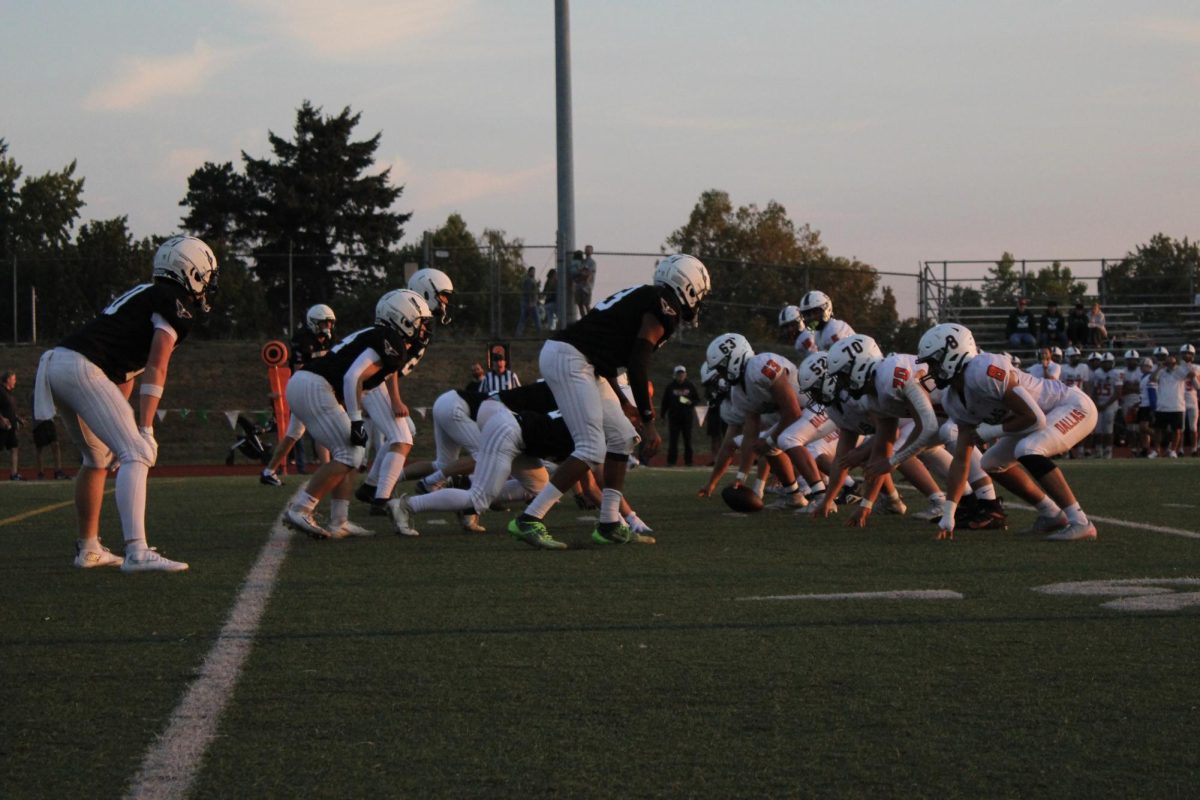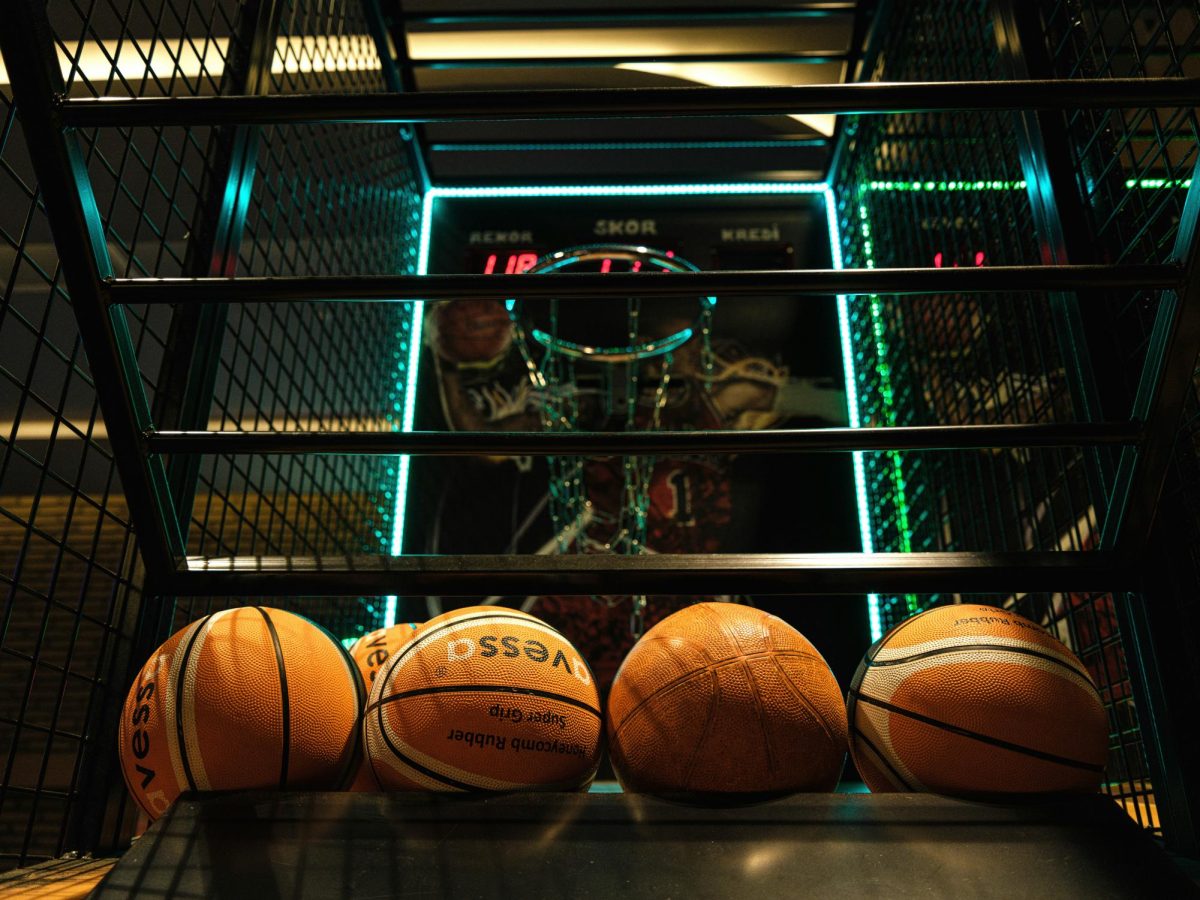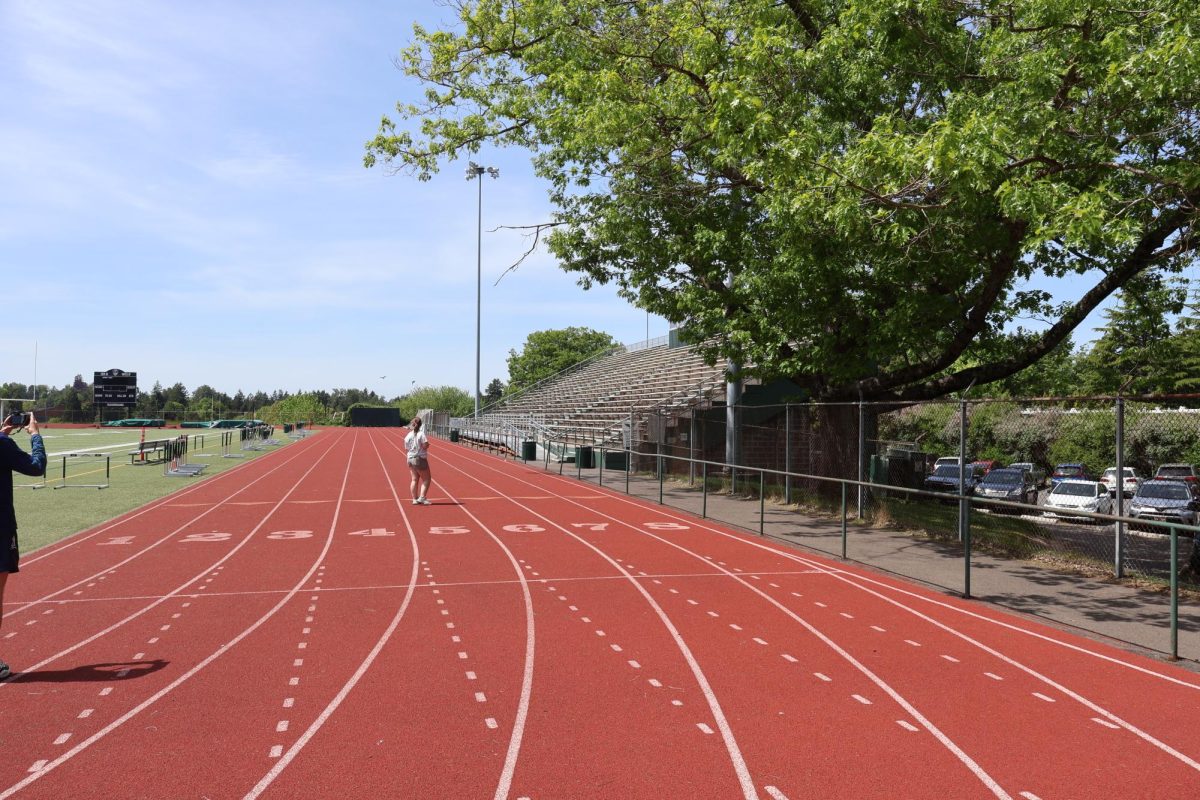On Friday, Jan 26, 2023, 24-year-old Amber Glenn from Plano, Texas, made U.S. figure skating history by being the first openly LGBTQIA+ woman to win the U.S. Women’s Figure Skating Championship. This was Glenn’s sixth U.S. Championship appearance, including taking home a bronze medal in 2023 and a silver in 2021.
“Being the first openly queer women’s champion is incredible,” Glenn said in an interview with NBC Sports. “When I came out initially, I was terrified. I was scared it would affect my scores or something.”
Following the short programs on Jan 25, Isabeau Levito and Glenn were tied for first. Josephine Lee had already secured her spot for silver with an overall score of 204.13. Levito was sitting in first coming into the free skate portion on Friday, and Glenn was less than half a point behind in second. Levito was lined up to win gold at the event and to be the winner for the second year in a row. During her skate, Levito suffered a few falls which caused a four-point deduction, leading to her third-place finish with 200.68 points. Glenn finished with a gold medal with an overall score of 210.46 points.
“This wasn’t exactly how I wanted to win my first national title, but I’m extremely grateful for it,” said Glenn during a post-championship press conference.
It has been a decade since Glenn won the Junior U.S. Championship title in 2014 — but in the past 10 years, she has had a bumpy road to success. Glenn was forced to withdraw from the 2022 Olympic trials after testing positive for COVID-19. The figure skater had also suffered a concussion at the start of this season but pulled through with her U.S. title.
“It’s surprising for something like figure skating. For sure, I’m glad, I’m happy,” said Trillium Huey, a figure skater and senior at Ida B. Wells. “But I think it’s definitely surprising because of the lack of inclusivity in competition in general, and just how people are competitive as humans rather than the sport, too, like with body figure and how people look and present.”
Initially coming out in 2019, Glenn now proudly currently identifies as bisexual and pansexual. “The fear of not being accepted is a huge struggle for me,” Glenn told Dallas Voice in an interview. “Being perceived as [going through] ‘just a phase’ or [being] ‘indecisive’ is a common thing for bisexual/pansexual women. I don’t want to shove my sexuality in people’s faces, but I also don’t want to hide who I am.” Nonetheless, Glenn is one of many LGBTQIA+-identifying individuals in the figure skating scene, including Timothy LeDuc, Eliot Halverson, Karina Manta, and Adam Rippon.
With figure skating being a largely female-dominated sport at 68 percent of registered figure skaters, there is immense pressure being placed on skaters who are different from the stereotypical appearance and attributes of female skaters. “When I was figure skating, there were only girls, I think there was maybe one guy,” said Tisya Tomar, an ex-figure skater turned hockey player and senior at IBW.
With that, the men who do participate in figure skating are paired up with the women, and these ideas are enforced and can be very limiting to the LGBTQ+ community. “There’s so many duos formed between men and women specifically,” said Huey. “And I think that if there was more cheerleading type [of] stuff, where there is a woman lifting a woman more and a man lifting a man more, I think that would help the diversity of showing different pairings.”
Like other dance forms, figure skating is an intense sport, and in many circumstances, is strict and has set physical standards. “It can be kind of toxic sometimes, like a lot,” said Lake Erickson, a figure skater and Junior at IBW. “There’s often toxic ideas about female bodies.”
“It’s very competitive in the sense that it’s the sport and competitive on our figures of our bodies and ourselves as humans, just because you’re wearing something small most of the time and you’re doing duos and you have to be thrown or be moved,” said Huey. “There’s capacities and what you’re supposed to be like and feel like and weigh like.”
Many of these strict specific ideals come from generational teaching through coaches as well as the judges. Many coaches in the field were once figure skaters themselves but chose to retire due to numerous reasons. “People’s coaches are younger, so they’re more accepting, but because judges are older, there’s just a generational thing,” said Erickson. Once coaches are not able to physically be on the ice anymore, they still want to be involved with the community, so they become judges. This is the reason why judges have a tendency to be more discriminatory than younger generations of coaches.
The generosity and determination of coaches allow figure skaters to be able to achieve their goals, at whatever cost necessary. “I think that when you need help with things and when you’re having struggles if you have the right people and the right community, it can definitely be very nurturing and very kind and a really good community to grow up in,” said Huey. “But like I said before, it can also be competitive and a little bit scary.”
During her victory lap, Glenn lifted a Progress Pride Flag to signify her proud accomplishment to her community. “It was worth it to see the number of young people who felt more comfortable in their environments at the rink, [people] who feel, ‘Oh, I’m represented by her, and she’s one of the top skaters [so] I don’t have to try and hide the sight of me.’” Glenn continued in her interview with NBC Sports. “Just because you have this aspect doesn’t mean you can’t be the top athlete.”









